Japan’s Lake Mashu Losing Its Famous Clarity
1Japan’s Lake Mashu, which has long reigned as one of the world’s clearest, is losing some of its transparent wake, according to The Asahi Shimbun. Changes in water circulation patterns, as well as the introduction of foreign fish appears to have created conditions that don’t support its clarity.
At its clearest, the crater lake reached secchi depth measurements of 40 meters in 1930. According to scientists with the country’s National Institute for Environmental Studies, that depth measurement has dwindled to about 22 meters in 2014.
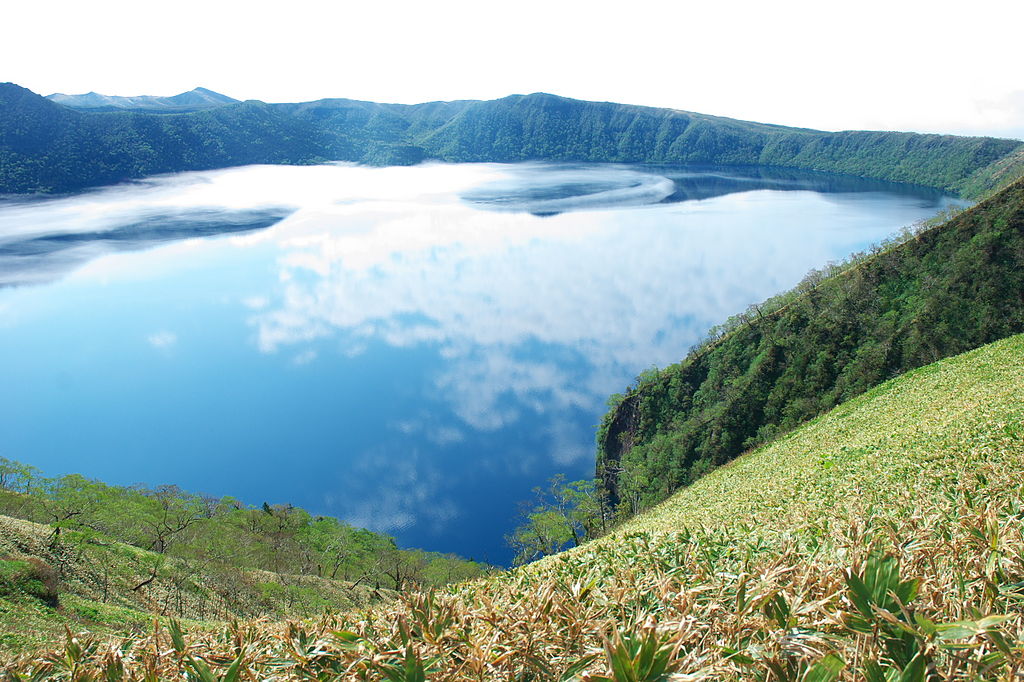
Lake Mashu (Mashuko Lake). (Credit: Flickr User Yamaguchi Yoshiaki via Wikimedia Commons)
The scientists say the clarity loss is caused by a combination of factors. Shorter winters have led to fewer ice-overs for the lake, which has kept water circulating longer into the following year. “If global warming further advances, the lake may become unable to freeze at all in the near future,” said Hiromi Hamada, geography professor at Chiba University, to The Asahi Shimbun.
But clarity loss wouldn’t come from circulation changes alone. Researchers note the presence of new fish in the lake – kokanee salmon, introduced in the early 1970s – that have decimated water flea populations there. That has upset the ecosystem’s balance, taking out a predator that helped keep phytoplankton populations in check.
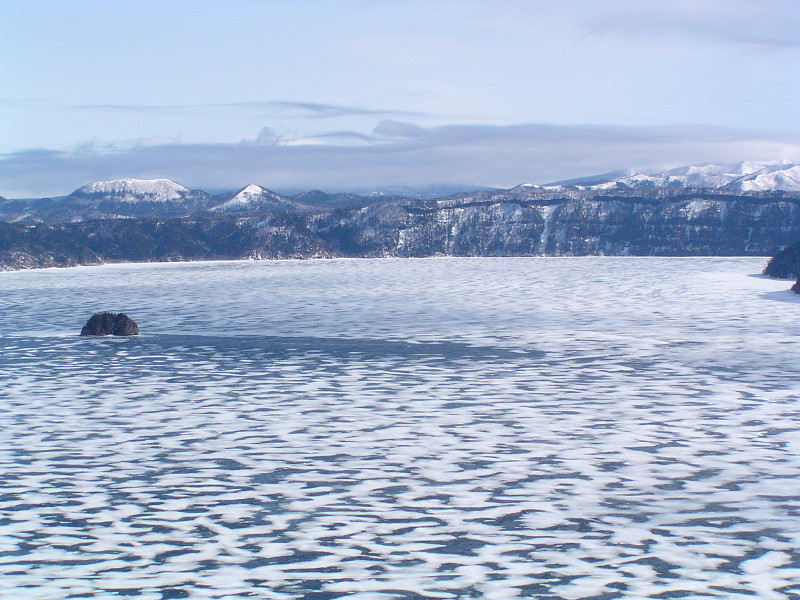
Ice melts on Lake Mashu in winter, March 2008. (Credit: 通 via Wikimedia Commons)
When the two occurrences join together, they account for the loss of clarity that Lake Mashu has seen, researchers say. In essence, phytoplankton can’t sink as far because the lake’s circulation keeps them from doing so.
“Thanks to the disappearance of the predator, tiny phytoplankton has been able to grow in number,” said Seiki Igarashi, scientist at Hokkaido Research Organizations environment science research center, to The Asahi Shimbun. “The smaller it is (water flea populations), the faster the phytoplankton proliferates.”





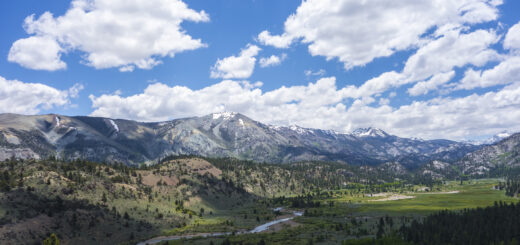
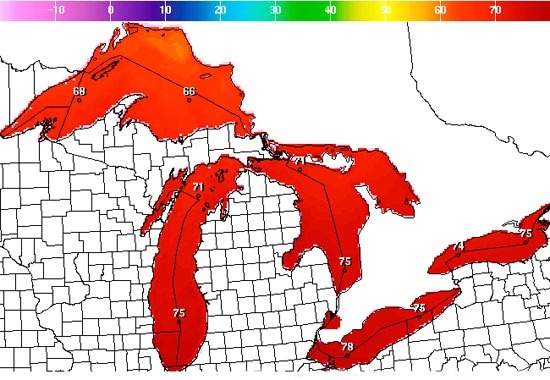
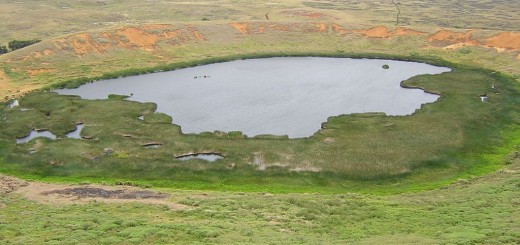



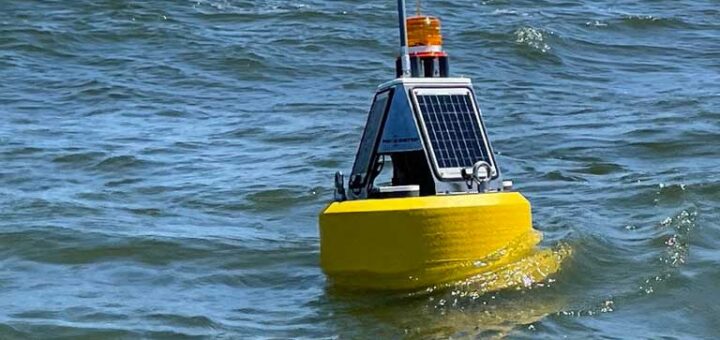
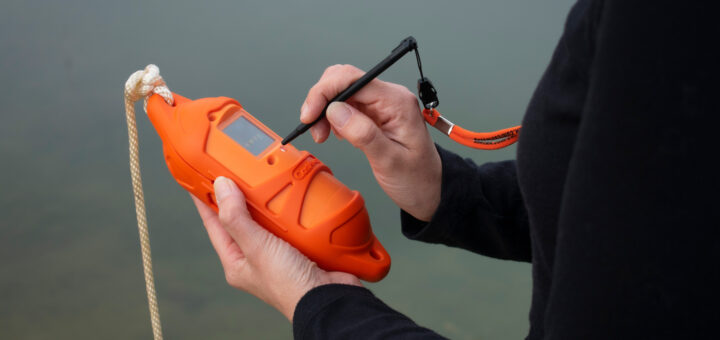

[…] Japan’s Lake Mashu Losing Its Famous Clarity by Daniel Kelly, Lake Scientist, October 14, 2014. Accessed on January 7, 2024. […]